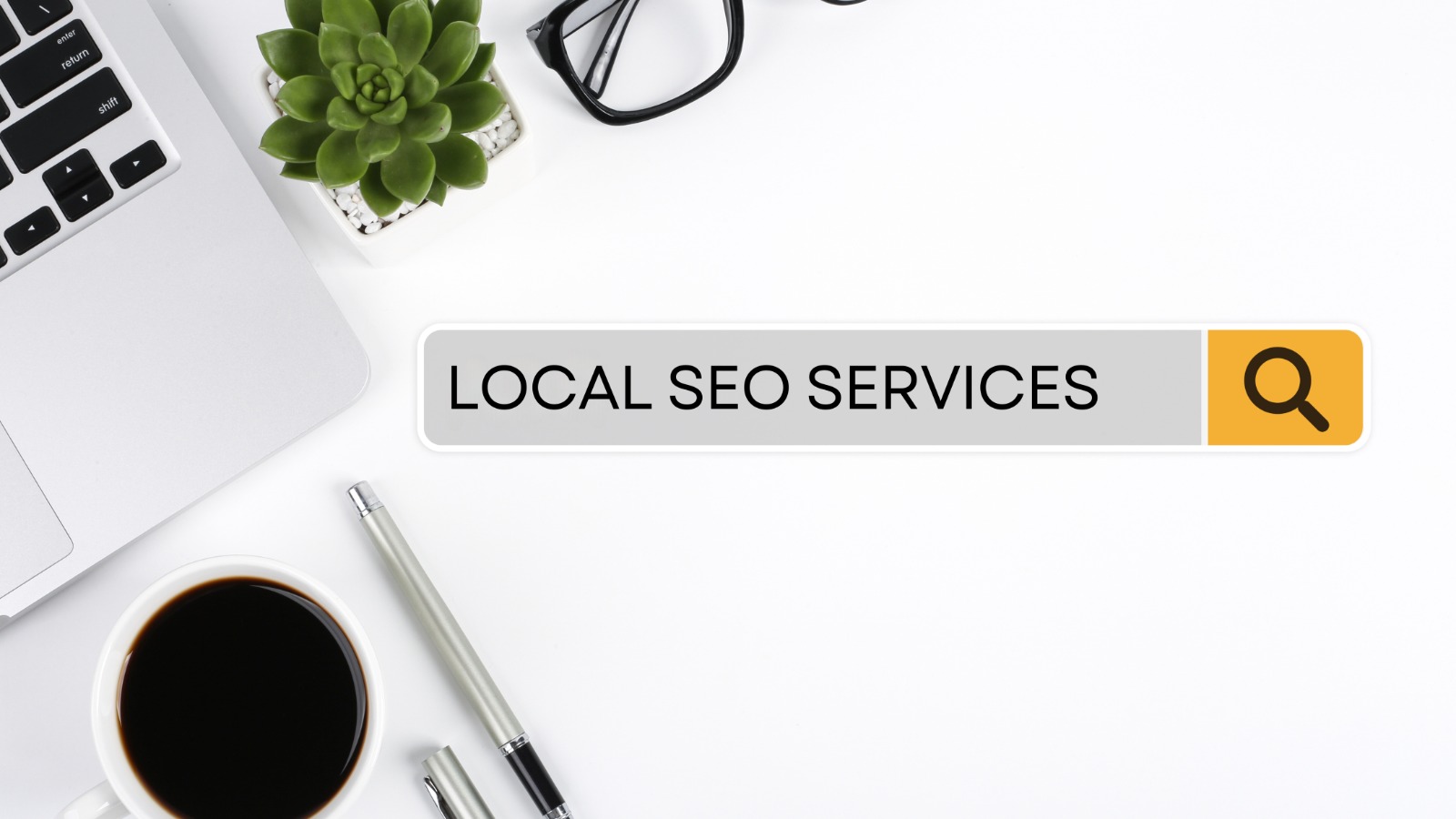Are you a real estate agent or marketer looking to boost your online visibility and attract more qualified leads? Look no further, because in this comprehensive guide, we’ll show you why SEO matters for real estate marketing and how to leverage it effectively.
In today’s digital age, home buyers and sellers are turning to the internet to search for properties and real estate agents. That’s why having a strong online presence is essential for success in the real estate industry. And that’s where SEO comes into play.
SEO, or search engine optimization, is the practice of optimizing your website and content to rank higher in search engine results pages. By implementing the right SEO strategies, you can increase your visibility, drive more organic traffic to your site, and ultimately generate more leads.
In this guide, we’ll walk you through the fundamental principles of SEO and how they apply to real estate marketing. You’ll learn how to conduct keyword research, optimize your website for search engines, create compelling and shareable content, and utilize local SEO strategies to target potential clients in your area.
Stop relying solely on traditional marketing methods and start harnessing the power of SEO for your real estate business. Let’s dive in and unlock the potential of this game-changing marketing tool.
Table of Contents
ToggleThe Importance of SEO in the Real Estate Industry
The real estate industry is highly competitive, with numerous agents and agencies vying for the attention of potential buyers and sellers. With the majority of people using search engines like Google to find information, it’s crucial to ensure that your website appears in relevant search results.
When your real estate website ranks higher in search engine results pages, you increase the chances of potential clients finding and engaging with your content. This means more inquiries, more showings, and ultimately, more sales.
Additionally, studies have shown that organic search results receive significantly more clicks than paid advertisements. This highlights the importance of investing in SEO to attract high-quality, organic traffic to your website.
Understanding Search Engine Algorithms and Ranking Factors
To effectively optimize your real estate website for search engines, it’s essential to understand how search engine algorithms work and what factors they consider when ranking websites.
Search engines like Google use complex algorithms to determine the relevance and authority of a website. While the exact algorithms are closely guarded secrets, there are certain ranking factors that have been identified through research and industry knowledge.
One of the most important ranking factors is the relevance of your content to the search query. This is where keyword research comes into play.
Keyword Research for Real Estate SEO
Keyword research is the process of identifying the search terms and phrases that potential clients are using when looking for real estate information online. By targeting the right keywords, you can optimize your website to appear in relevant search results.
Start by brainstorming a list of keywords that are relevant to your real estate niche. Think about the types of properties you specialize in, the locations you serve, and the needs and preferences of your target audience.
Once you have a list of potential keywords, use keyword research tools like Google Keyword Planner or SEMrush to gather data on search volume and competition. Look for keywords with a good balance of search volume and competition, as this indicates that they are both popular and achievable to rank for.
On-Page Optimization Techniques for Real Estate Websites
On-page optimization refers to the strategies and techniques you implement directly on your website to improve its visibility in search engine results. This includes optimizing your website structure, meta tags, headings, and content.
To optimize your real estate website, start by ensuring that your website structure is user-friendly and search engine-friendly. Your website should have a clear hierarchy, with easy navigation and well-organized content.
Next, optimize your meta tags, including the title tag and meta description. These tags provide concise summaries of your web pages and are displayed in search engine results. Use relevant keywords and compelling language to entice users to click on your website.
When it comes to content, focus on creating informative and engaging articles, blog posts, and property descriptions. Incorporate relevant keywords naturally throughout your content, but avoid keyword stuffing, as this can negatively impact your rankings.
Off-Page Optimization Strategies for Real Estate Marketing
In addition to on-page optimization, off-page optimization plays a crucial role in improving your real estate website’s visibility and authority in search engine results.
Off-page optimization primarily involves building high-quality backlinks to your website. Backlinks are links from other websites that point to your website. Search engines view backlinks as votes of confidence, indicating that your website is trustworthy and valuable.
To build backlinks for your real estate website, start by reaching out to industry influencers, bloggers, and local businesses. Offer to contribute guest posts or provide valuable content in exchange for a backlink to your website.
You can also leverage social media platforms to promote your content and attract backlinks. Share your blog posts, property listings, and other relevant content on platforms like Facebook, Twitter, and LinkedIn. Encourage others to share and link to your content, increasing its visibility and authority.
Local SEO for Real Estate Agents and Agencies
For real estate agents and agencies targeting a specific geographic area, local SEO is an essential component of their marketing strategy. Local SEO focuses on optimizing your website and content to appear in local search results.
To optimize your real estate website for local search, make sure to include your business name, address, and phone number (NAP) on every page. This information should be consistent across your website and other online directories.
Create and optimize a Google My Business listing, which is a free tool that allows you to manage your online presence on Google. Fill out all relevant information, including your address, phone number, business hours, and photos. Encourage your clients to leave reviews, as positive reviews can boost your visibility in local search results.
Additionally, consider creating location-specific landing pages or blog posts that target keywords related to your target areas. This will help search engines understand the geographic relevance of your content and improve your chances of appearing in local search results.
Building High-Quality Backlinks for Real Estate Websites
As mentioned earlier, building high-quality backlinks is an important off-page optimization strategy for real estate marketing. However, it’s important to note that not all backlinks are created equal.
Search engines value backlinks from authoritative and reputable websites more than those from low-quality or spammy sites. Focus on building relationships with websites that have a strong online presence and are relevant to the real estate industry.
Reach out to industry associations, local news outlets, and influential bloggers to explore opportunities for collaboration and guest posting. Offer to provide valuable content that aligns with their audience’s interests and needs.
When building backlinks, remember that quality is more important than quantity. A few high-quality backlinks from reputable sources can have a greater impact on your search engine rankings than numerous low-quality backlinks.
Measuring and Tracking SEO Success in Real Estate Marketing
To gauge the effectiveness of your SEO efforts and make data-driven decisions, it’s important to measure and track your SEO success. This involves monitoring key metrics and using analytics tools to gain insights into your website’s performance.
Start by setting up Google Analytics, a free tool that provides detailed data on your website’s traffic, user behavior, and conversions. This will allow you to track the number of visitors to your site, the sources of your traffic, and the actions they take on your website.
In addition to Google Analytics, consider using SEO-specific tools like Moz or SEMrush to track your keyword rankings, monitor your backlink profile, and analyze your competitors’ strategies. These tools provide valuable insights into your SEO performance and can help you identify areas for improvement.
By regularly monitoring your SEO metrics, you can identify what strategies are working well and what areas need adjustment. This will allow you to refine your approach and continually improve your real estate marketing efforts.
Conclusion: The Future of SEO in Real Estate Marketing
As the real estate industry continues to evolve, it’s clear that SEO will play an increasingly important role in marketing and lead generation. With more home buyers and sellers turning to search engines to find information, having a strong online presence has become essential.
By implementing the strategies outlined in this guide, you can improve your real estate website’s visibility, drive more organic traffic, and generate more leads. Remember to stay up-to-date with the latest SEO trends and adapt your strategies accordingly.
Stop relying solely on traditional marketing methods and start harnessing the power of SEO for your real estate business. With a comprehensive SEO strategy in place, you can stay ahead of the competition and position yourself as a trusted authority in your niche.

















Select your comment provider from settings.